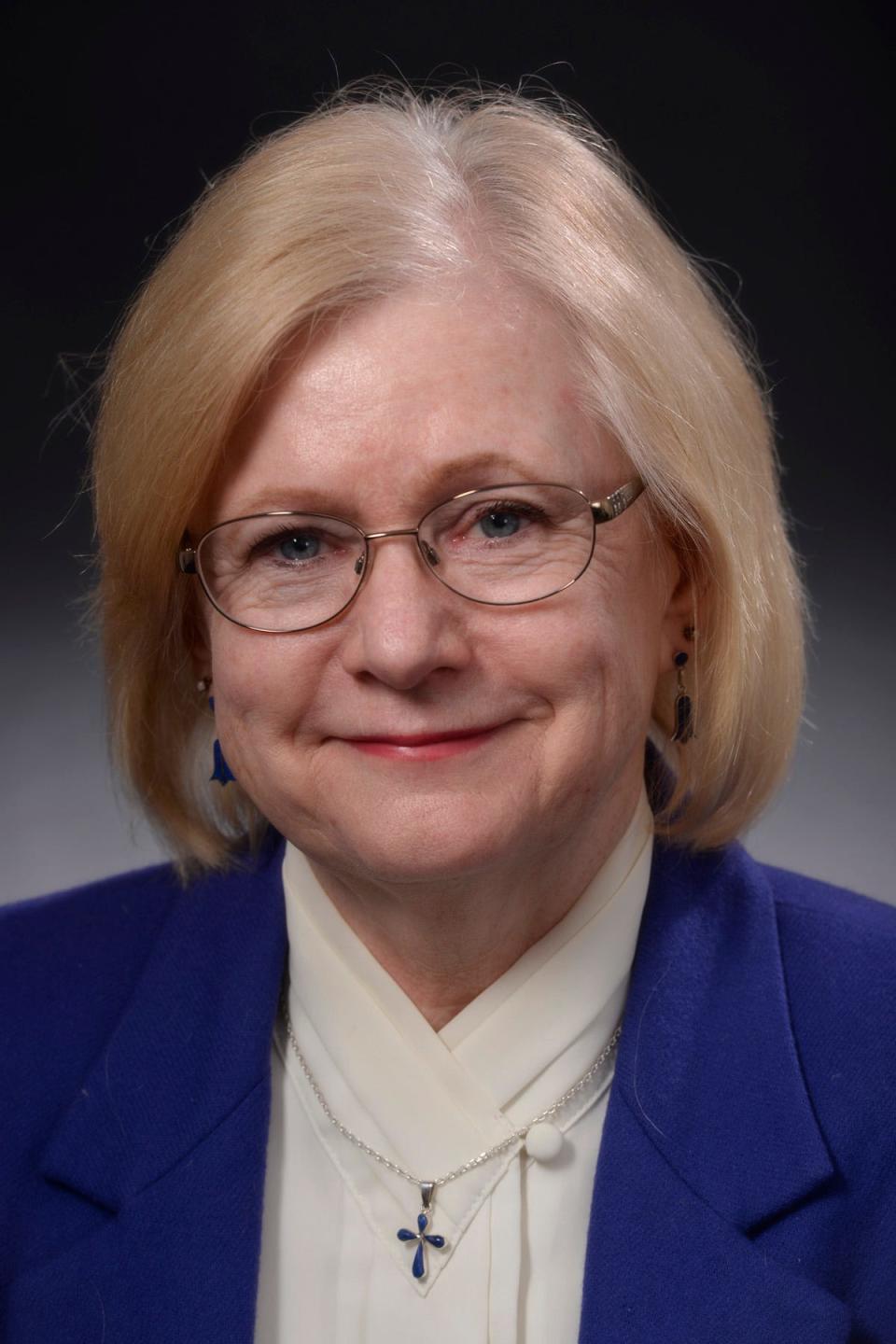What's in a name?
Our first and most important earthly gift from our parents is our name. It is our identity.
As we identify with groups, the lines quickly blur.
We call ourselves Americans, but there are three Americas. Attempting to become more specific, we refer to Latin Americans, South Americans and Central Americans (including Mexicans, even though Mexico is part of North America).
Yet the citizens from these regions call themselves by the nationality of the country of residence — Chileans, Argentinians, Cubans, Venezuelans, etc.
Just as we defend our own personal names, we should respect the preferences of other peoples, too.
However, many in our society battle to classify people to fit within political ideologies. Let’s consider a few examples, starting with race.

Historically, especially in the 20th century, Blacks referred to themselves as “Colored People” and later changed the name to “People of Color.” The evolution continued to “African-Americans” or “Afro-Americans.” To distance themselves from Africa, members of that race asked all to use the term “Black.” It is notable: members of that group made the decisions regarding their identity.
With an ethnic, not racial group (even though many call them the “brown race”), we have not been so disciplined.
In current woke/cancel culture, gender is viewed as fluid and not limited. Consequently, when trying to describe members of the “brown race,” activists encountered a problem. Spanish (and other Latin-based languages) are gender based (biological and grammatical gender). To neutralize the gender markers, social activists created a new term — a new identity for the Spanish-speaking persons. The term is Latinx.
I was/am a student/professor of Spanish language and cultures and questioned the rationale for that term. I was told by English-speaking teachers of government-funded schools that I was mistaken and uninformed. Since those are terms with which I try not to identify myself, I sought "professional” help.
I contacted professors and published authors of linguistics and translation/interpretation in Costa Rica. Their response was direct and definitive — the term is “repulsive and not a part of the Spanish language — other than in the PC culture of the USA.” Even the Spanish Language Academy (Real Academia Española [RAE], Madrid) strongly rejected the petition to accept Latinx into the official language in 2018.
While there is a linguistic difference between the terms “hispano/a; latino/a,” in our country, they are accepted as synonymous, at least for the national census. According to a 2019 survey by the Pew Research Center about the use of the term Latinx by those self-identifying as members of the ethnic group, “The term is not well known among the population it is meant to describe. Only 23% of U.S. adults who self-identify as Hispanic or Latino have heard of the term Latinx, and just 3% say they use it to describe themselves…”
So, what is the origin of the name for this ethnic group if it did not come from them?
According to an early supporter of the progressive term, Assistant Professor of Women's and Gender Studies, St. Louis University, Melissa Ochoa reported: “Though the exact origins of Latinx are unclear, it emerged sometime around 2004 and gained popularity around 2014. Merriam-Webster added it to its dictionary in 2018.”
Although she was a proponent of the term, she wrote in September 2022 that the term is problematic because it is predominantly used by English-speaking persons who are perceived to be elitists. She discourages the use of Latinx, but she has not abandoned her efforts. She has suggested other terms coined by non-native speakers of Spanish to identify this ethnic group.
Ochoa proposed an alternate form — Latine. If the Real Academia Española rejected Latinx, is she optimistic that the new form will achieve acceptance in modifying the Spanish language?
There are many linguistic variations in Spanish among and within the 20 countries and one territory that officially claim Spanish as their language (and each has its branch of the RAE). But those differences in vocabulary and usage come from the citizens of those regions. Not from outsiders.
— This is the opinion of Times Writers Group member Phyllis E. VanBuren, a lifelong learner and enthusiastic educator, who values family, friends, faith, honesty, liberty and integrity. Her column is published the fourth Sunday of the month.
This article originally appeared on St. Cloud Times: What's in a name?

